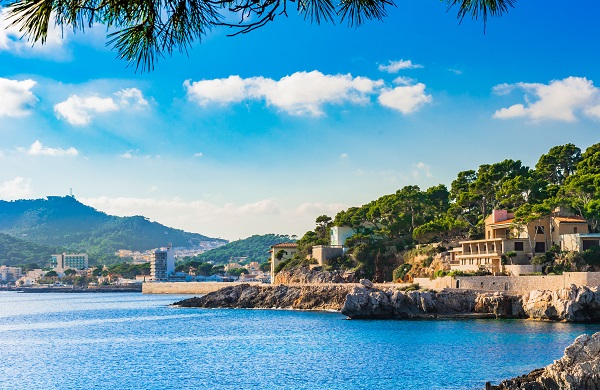In response to an “emergency situation” caused by a severe drought, the municipality of Banyalbufar in the Serra de Tramuntana mountains on the popular Balearic island of Majorca, Spain, has imposed stringent water consumption restrictions. Under the new rules, the use of drinking water for washing cars, filling pools, or watering plants will be prohibited. These measures aim to ensure adequate water supply during the high-demand summer months following a prolonged period without rainfall.
Starting July 15, 2024, water supply in Banyalbufar will be halted from 11 p.m. to 4 p.m., allowing residents and tourists access to water for only seven hours a day. Daily water consumption per person in Banyalbufar is now capped at 75 liters. The city council cited the unsustainable financial burden of continuously renting water trucks due to “budgetary instability” as a reason for these drastic measures.
Banyalbufar is not the only municipality on Majorca implementing water restrictions this year. Other affected areas include Arta, Estellencs, Algaida, Montuiri, and Porreres. The water issues in Spain began early in 2024 following an extremely hot and dry autumn-winter period. In March, Tenerife, another popular tourist destination, declared a state of emergency due to water shortages.
In April, officials in drought-stricken northeastern Catalonia warned of potential water restrictions for tourists in the region’s driest areas. Should internal consumption not decrease, hotels might face a daily water limit of 100 liters per tourist if municipalities fail to maintain household water consumption below established limits for three consecutive months.
These measures reflect the broader challenges Spain faces as it grapples with water scarcity exacerbated by climate change and increased demand during peak tourist seasons.





